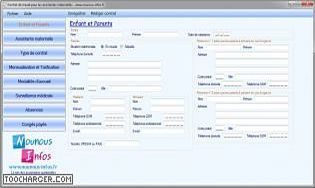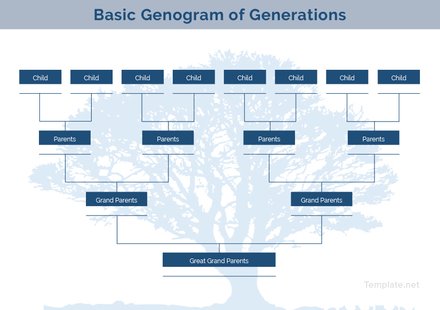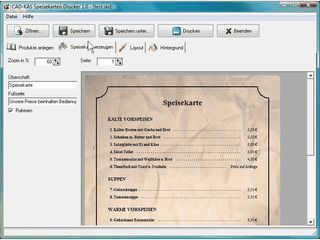Microsoft Word is a word processor developed by Microsoft.It was first released on October 25, 1983 under the name Multi-Tool Word for Xenix systems. Subsequent versions were later written for several other platforms including IBM PCs running DOS (1983), Apple Macintosh running the Classic Mac OS (1985), AT&T Unix PC (1985), Atari ST (1988), OS/2 (1989), Microsoft Windows (1989), SCO Unix. Download Microsoft Word for macOS 10.13 or later and enjoy it on your Mac. This application requires a qualifying Microsoft 365 subscription. Microsoft 365 includes premium Word, Excel, and PowerPoint apps, 1 TB cloud storage in OneDrive, advanced security, and more, all in one convenient subscription.
When you check spelling in Word for Mac OS X and choose toadd a word to the personal dictionary, by default the word is added toa plain text file called Custom Dictionary. If you add amisspelled word, you can remove it by editing CustomDictionary in Word:
- In Word, from the Word menu, selectPreferences....
- Click Spelling and Grammar.
- In the 'Spelling' section, click the Dictionaries...button.
- In the
Custom Dictionarieswindow, click your customdictionary. Click the Edit button. - If Word asks you to convert the file, choose Text Only,then click OK.
- Word will open your custom dictionary file. It will appear as alist of words. Find and remove your mistake.
- When you have finished editing your dictionary, from theFile menu, select Save As....
- In the
Savedialog box, if there is a menu next to'Format:' or 'Save File as Type:', select Speller CustomDictionary. - Save the file with the name
CustomDictionary. You should save this in theMicrosoftfolder, which is in thePreferencesfolder, which in turn is in theLibraryfolder of your home directory. - If you are prompted to replace the old dictionary file, clickReplace. If you are warned about losing formatting, clickYes.

Microsoft Word can save and open files into and from variousformats. For some formats, you may need to install the appropriateconverters. These are usually available with the Office Value Pack.
Listed below are the compatible formats for various Mac OSand Mac OS X versions of the software:
Ms Word For Mac Os

Microsoft Word v.X and 2004
- Word document
- Document template
- Text only
- Text only with line breaks
- MS-DOS text
- MS-DOS text with line breaks
- Rich Text Format (RTF)
- Unicode text
- Web page
- Stationery
- Speller custom dictionary
- Speller exclude dictionary
- Word 4.0 for Mac OS
- Word 5.0 for Mac OS
- Word 5.1 for Mac OS
- Excel worksheet (open only)
- AppleWorks 5 and 6 (open only)
- Recover text from damaged files (open only)

Microsoft Word 2001
- Word document
- Document template
- Text only
- Text only with line breaks
- MS-DOS text
- MS-DOS text with line breaks
- Rich Text Format (RTF)
- Unicode text
- Web page
- Stationery
- Speller custom dictionary
- Speller exclude dictionary
- Word 4.0 for Mac OS
- Word 5.0 for Mac OS
- Word 5.1 for Mac OS
- Word 6.0/95
- Excel worksheet (open only)
- AppleWorks 5 (open only)
- Recover text from damaged files (open only)
Microsoft Word Mac Os Catalina
Microsoft Word 98
Word Microsoft For Mac
- Word document
- Document template
- Text only
- Text only with line breaks
- MS-DOS text
- MS-DOS text with line breaks
- Rich Text Format (RTF)
- Unicode text
- Stationery
- Speller custom dictionary
- Speller exclude dictionary
- HTML document
- Word 4.0 for Mac OS
- Word 5.0 for Mac OS
- Word 5.1 for Mac OS
- Word 6.0/95
- Excel worksheet (open only)
- Microsoft Works (open only)
- Microsoft FoxPro (open only)
- dBase (open only)
- Recover text from damaged files (open only)
